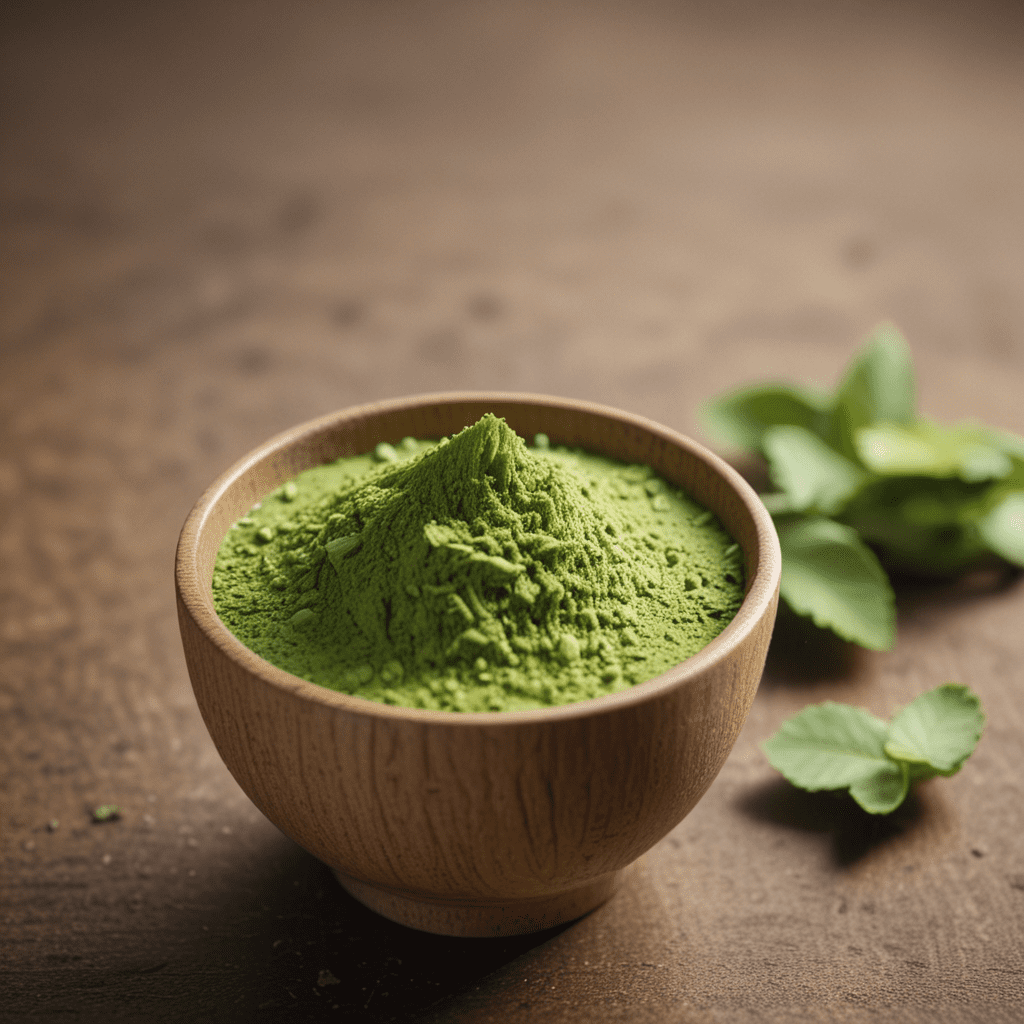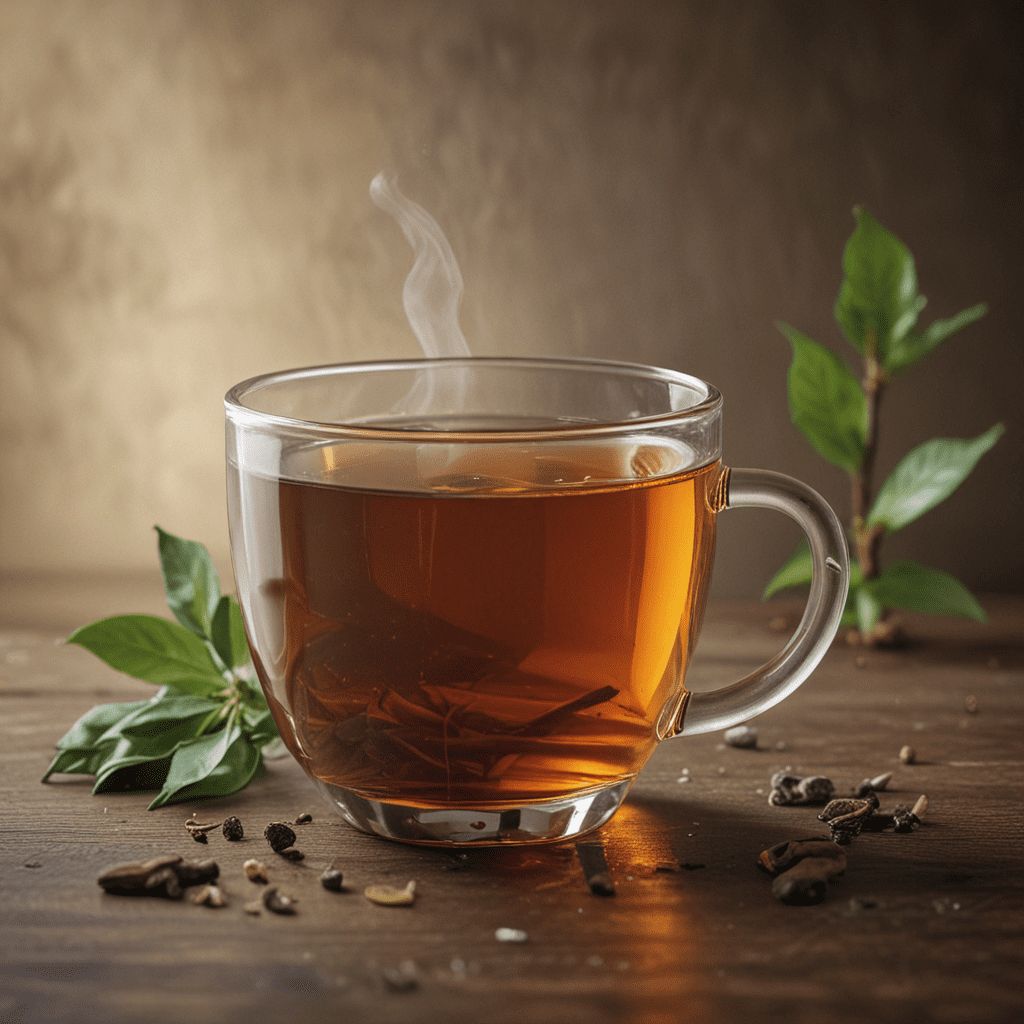
The Role of Matcha in Traditional Japanese Medicine
Introduction: The Significance of Matcha in Japanese Culture
Matcha, a finely ground green tea powder, holds a profound place in Japanese culture. Originating in ancient China, matcha was introduced to Japan by Buddhist monks in the 12th century. It quickly gained popularity among the samurai class, who valued its ability to promote alertness and focus. Today, matcha is an integral part of Japanese tea ceremony, a ritualized practice that emphasizes mindfulness and tranquility.
Historical Origins and Use of Matcha
Matcha's history can be traced back to the Tang Dynasty (618-907) in China, where it was known as "mo cha." Zen Buddhist monks brought matcha to Japan in the Kamakura Period (1185-1333), where it became a central component of their meditative practice. During the Muromachi Period (1336-1573), matcha was adopted by the ruling samurai class. Its invigorating effects were believed to enhance their physical and mental prowess on the battlefield.
Matcha's Nutritional Properties and Antioxidant Power
Matcha is renowned for its exceptional nutritional profile. It contains a potent blend of antioxidants, including catechins, flavonoids, and chlorophyll. These antioxidants combat free radicals, which can damage cells and contribute to aging and disease. Matcha's high antioxidant content has been linked to a reduced risk of chronic conditions like heart disease, cancer, and Alzheimer's.
Matcha's Role in Japanese Tea Ceremony
In Japan, matcha is inextricably linked to the traditional tea ceremony known as chanoyu. This ritualized practice involves the preparation and serving of matcha in a serene and contemplative setting. Chanoyu emphasizes the importance of harmony, respect, and tranquility. The act of sharing a bowl of matcha is seen as a way to foster connections and promote well-being.
Matcha's Impact on Cognitive Function and Mental Health
Research suggests that matcha may have beneficial effects on cognitive function and mental health. Its high content of theanine, an amino acid, promotes relaxation and focus without causing drowsiness. Studies have shown that matcha can improve memory, attention, and reaction time. Additionally, matcha may help reduce anxiety and improve mood.
6. Matcha's Benefits for Cardiovascular Health
Matcha's antioxidant properties may extend to protecting heart health. Studies suggest that matcha consumption may lower cholesterol levels, reduce blood pressure, and improve blood flow. These effects are attributed to matcha's high content of catechins, which have been shown to inhibit the oxidation of LDL (bad) cholesterol.
7. Matcha as an Anti-Inflammatory Agent
Chronic inflammation underlies many diseases, and matcha's potent antioxidants may help combat it. Research indicates that matcha's EGCG compound exhibits anti-inflammatory effects, reducing inflammation throughout the body and potentially mitigating conditions like arthritis and inflammatory bowel disease.
8. Matcha's Role in Cancer Prevention
Preliminary studies suggest that matcha's antioxidants may play a role in cancer prevention. Matcha's high concentration of EGCG has been found to inhibit the growth and spread of cancer cells in laboratory settings. However, more research is needed to determine matcha's potential impact on cancer risk in humans.
9. Matcha for Detoxification and Liver Support
Matcha may aid in detoxification and support liver health. Its high chlorophyll content helps eliminate toxins from the body. Additionally, matcha's antioxidants protect liver cells from damage and promote healthy liver function.
10. Conclusion: The Enduring Legacy of Matcha in Traditional Japanese Medicine
Matcha's exceptional nutritional properties and health benefits have made it a revered staple in traditional Japanese medicine for centuries. From its role in cognitive enhancement to its potential in cancer prevention, matcha continues to be a valuable asset for promoting overall well-being. Its enduring legacy is a testament to its profound impact on Japanese culture and its promise for the future of health and vitality.
Frequently Asked Questions (FAQs)
Q: How much matcha should I consume daily?
A: Moderate consumption of 1-2 bowls of matcha tea per day is generally safe.
Q: Is matcha safe for children?
A: Yes, matcha is safe for children in moderation. However, it may interfere with iron absorption, so it's recommended to avoid giving large amounts to young children.
Q: Can matcha help with weight loss?
A: Matcha may modestly boost metabolism and promote satiety, but it is not a substitute for a balanced diet and exercise for weight loss.
Q: Can I prepare matcha without a bamboo whisk?
A: Yes, you can use a regular whisk or fork to mix matcha, but a bamboo whisk produces a smoother, frothier result.


